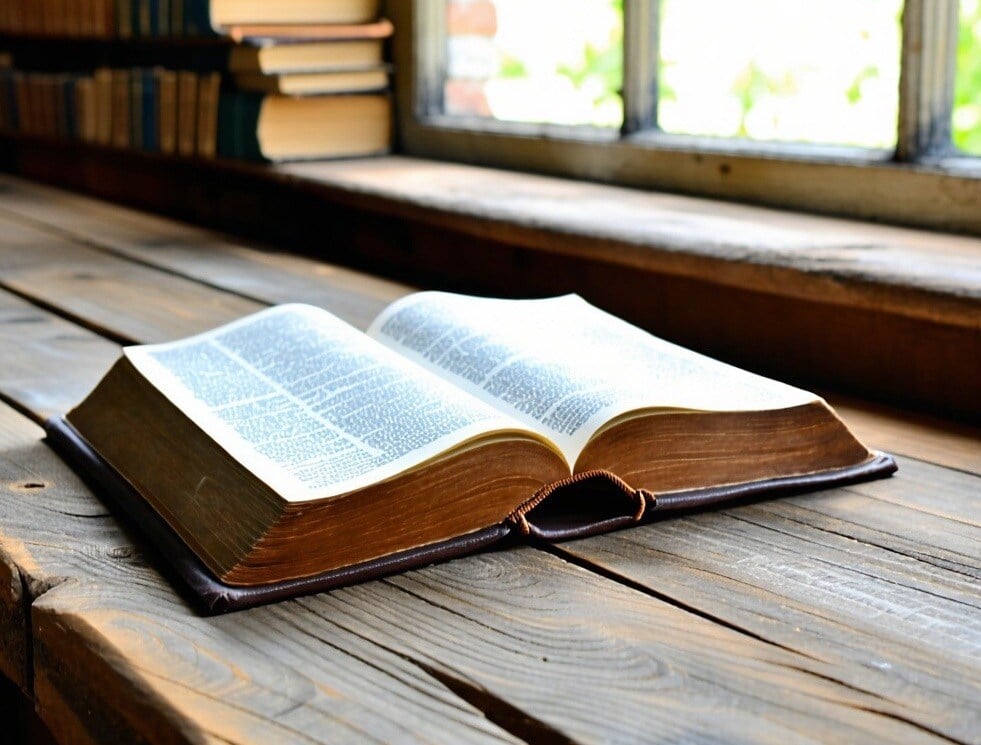Academics
Our classical curriculum fosters curiosity and a love of learning through deep engagement with the liberal arts and sciences. By immersing students in the great ideas of history, students learn to think critically, reason persuasively, and communicate with clarity.
A Timeless Education for a Modern World
Our curriculum is built on the classical model, emphasizing:
Humane Letters:
Students engage deeply with great works of literature, philosophy, and history through a Socratic seminar format. Readings include foundational texts from classical antiquity to modern times, fostering critical thinking and articulate expression.
Mathematics and Sciences:
A structured approach to mathematics trains students in logical reasoning, precision, and problem-solving, while the sciences cultivate wonder and inquiry through observation and experimentation.
Latin and Classical Languages:
The study of Latin and other classical languages provides a foundation for linguistic mastery, a deeper understanding of Western civilization, and enhanced cognitive skills.
Fine Arts:
Through music, visual arts, and drama, students develop an appreciation for beauty and artistic expression as they study and practice timeless creative traditions.
The Great Books
At the core of our curriculum is an engagement with the Great Books—timeless works of literature, philosophy, and history that have shaped human thought for centuries. From Homer and Plato to Shakespeare and Dostoevsky, students grapple with profound ideas that challenge their intellect and shape their moral imagination. By reading and discussing these enduring texts, they develop the wisdom, eloquence, and discernment needed to engage meaningfully with the world.
Scripture and Doctrine
As an ecumenical Christian school, we focus on the core truths that unite all Christians while respecting denominational distinctions. Students engage in a thoughtful study of Scripture and theology throughout their years, beginning with the Old and New Testaments in middle and high school. Ninth-grade students explore their own denominational traditions, while upperclassmen study works from some of the greatest Christian theologians. Through this integrated approach, we cultivate a deep understanding of faith, history, and doctrine, encouraging students to grow in wisdom and spiritual maturity.


